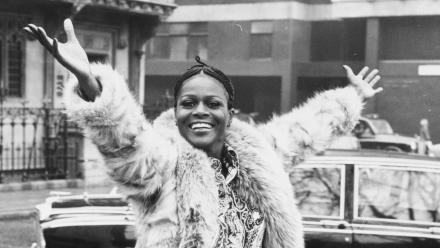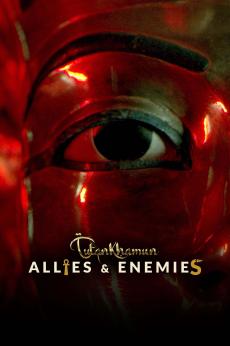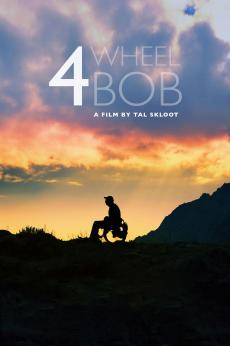How It Feels To Be Free trailer
The inspiring story of how six iconic African American female entertainers – Lena Horne, Abbey Lincoln, Nina Simone, Diahann Carroll, Cicely Tyson and Pam Grier – challenged an entertainment industry deeply complicit in perpetuating racist stereotypes, and transformed themselves and their audiences in the process.
Previews + Extras
Alicia Keys doesn’t mind being compared to Lena Horne
S35 E1 - 2m 1s
The musician talks about why she admires Horne so much and how one of her dreams would be to play her. She also explains what she means when she says that she’s “ready to be free.”
Diahann Carroll talks race and makeup while filming "Julia"
S35 E1 - 1m 50s
Carroll tells the story of when she spoke up in an early makeup session for the TV show “Julia.”
The role of women entertainers in the civil rights movement
S35 E1 - 1m 8s
Historian Ruth Feldstein, author of “How It Feels To Be Free,” talks about the important role that entertainers, and women entertainers in particular, had in the civil rights movement. This clip is an interview outtake from the American Masters film of the same name.
Lena Waithe on why Cicely Tyson's hair is revolutionary
S35 E1 - 1m 58s
Writer, producer, and actor Lena Waithe explains why the hair of Black women can be revolutionary, and how Cicely Tyson's decision to wear hers naturally was an inspiration to many other Black women.
Halle Berry on how seeing Diahann Caroll on TV changed her
S35 E1 - 1m 57s
In this outtake from "American Masters: How It Feels To Be Free," actress Halle Berry talks about the television show that "rearranged her" and made her realize that she "had value," demonstrating the importance of having role models in media.
Lena Waithe on mixed feelings towards Blaxploitation
S35 E1 - 1m 59s
Despite the mixed feelings that many Black people have towards the genre of film, producer, actor and writer Lena Waithe says that "if Blaxploitation gives us Pam Grier I'll take it any day."

Why Cicely Tyson was selective about her acting roles
S35 E1 - 43s
Cicely Tyson's support for civil rights came through her portrayals of Black womanhood in her film roles. As a result, she was selective in the kind of work she took on and describes here how roles that appealed to her didn't come very often.
Similar Shows


Empire of the Air
History

Trolley Park: Out West
History


Tutankhamun: Allies & Enemies
History


4 Wheel Bob
History

Thirst for Power
History

Hallowed Grounds
History

The Story Of...
History
PBS PASSPORT
Stream tens of thousands of hours of your PBS and local favorites with WETA+ and PBS Passport whenever and wherever you want. Catch up on a single episode or binge-watch full seasons before they air on TV.